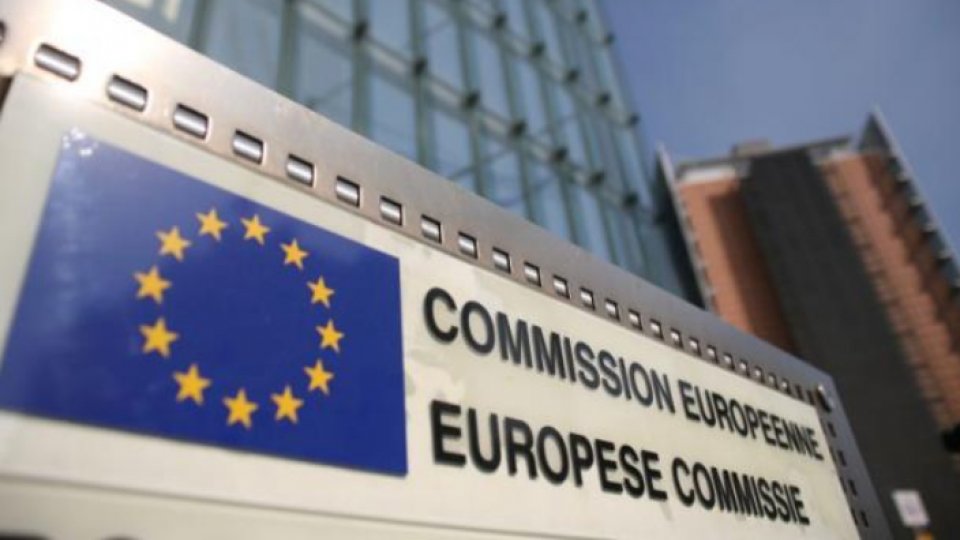EC Plan to boost artificial intelligence “made in Europe”
Plan proposes joint actions for closer and more efficient cooperation in increasing investment, making more data available, fostering talent and ensuring trust.

Articol de Octavian Begu, 08 Decembrie 2018, 18:45
Delivering on its strategy on artificial intelligence (AI) adopted in April 2018, European Commission has presented on 7 December 2018 a coordinated plan prepared with Member States to foster the development and use of AI in Europe, notes RRA correspondent in Brussels, Amalia Bojescu.
Plan proposes joint actions for closer and more efficient cooperation between Member States, Norway, Switzerland and the Commission in four key areas: increasing investment, making more data available, fostering talent and ensuring trust. Stronger coordination is essential for Europe to become the world-leading region for developing and deploying cutting-edge, ethical and secure AI.
Vice-President for the Digital Single Market Andrus Ansip welcomed this important step: "I am pleased to see that European countries have made good progress. We agreed to work together to pool data – the raw material for AI – in sectors such as healthcare to improve cancer diagnosis and treatment. We will coordinate investments: our aim is to reach at least €20 billion of private and public investments by the end of 2020. This is essential for growth and jobs. AI is not a nice-to-have, it is about our future”.
Commissioner for Digital Economy and Society Mariya Gabriel added: "Like electricity in the past, AI is transforming the world. Together with Member States we will increase investments for rolling out AI into all sectors of the economy, support advanced skills and maximize the availability of data. The coordinated action plan will ensure that Europe reaps the benefits of AI for citizens and businesses and competes globally, while safeguarding trust and respecting ethical values.”
Representatives of Member States, Norway, Switzerland and the Commission have met over the last six months to identify synergies and joint actions that will now be reviewed and updated on an annual basis. They prioritized areas of public interest, such as healthcare, transport and mobility, security and energy.
They agreed to maximize investments through partnerships (Joint actions to achieve these investment objectives include national AI strategies, a new European AI public-private partnership, a new AI scale-up fund, developing and connecting world-leading centers for AI), create European data spaces, nurture talent, skills and life-long learning and develop ethical and trustworthy AI.
Source:RRA.Translated by Miruna Matei














